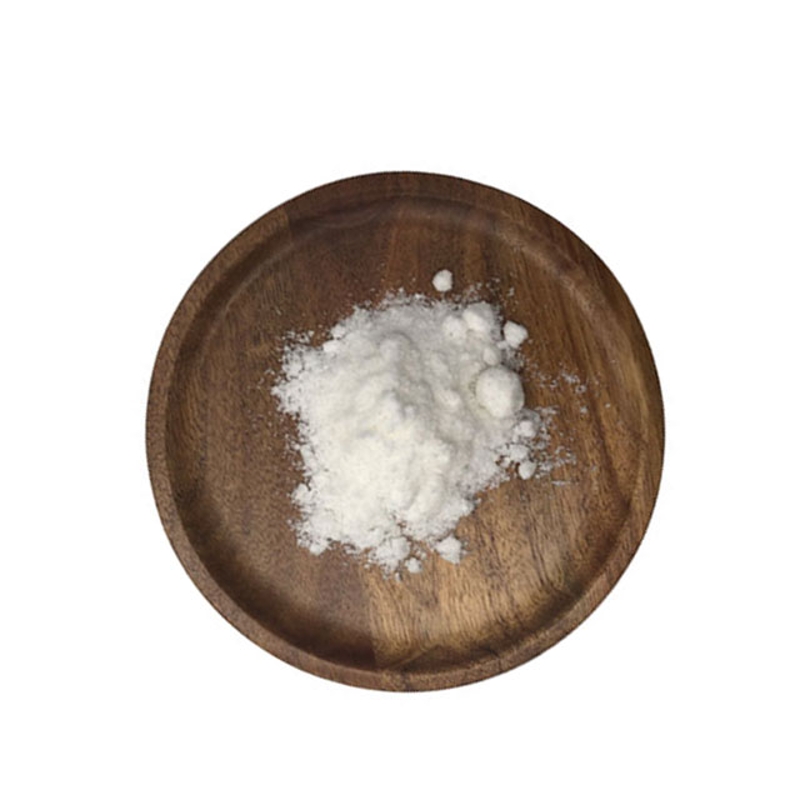-
Categories
-
Pharmaceutical Intermediates
-
Active Pharmaceutical Ingredients
-
Food Additives
- Industrial Coatings
- Agrochemicals
- Dyes and Pigments
- Surfactant
- Flavors and Fragrances
- Chemical Reagents
- Catalyst and Auxiliary
- Natural Products
- Inorganic Chemistry
-
Organic Chemistry
-
Biochemical Engineering
- Analytical Chemistry
- Cosmetic Ingredient
-
Pharmaceutical Intermediates
Promotion
ECHEMI Mall
Wholesale
Weekly Price
Exhibition
News
-
Trade Service
Supplement C3 is associated with inflammation and ischemic/refill damage, but its effect on the prognosis of ischemic stroke patients is not yet clear.
recently, a study published in the leading journal in the field of cardiovascular disease aims to proactively assess the relationship between serum complement C3 levels and adverse clinical outcomes in patients with ischemic stroke.
researchers tested serum complement C3 levels in 3,474 ischemic stroke patients in 26 participating hospitals and collected data on clinical outcomes in patients 3 months after ischemic stroke.
the main endpoint of the study was a combination of death and major disability three months after stroke (corrected rank ≥3), and the secondary endpoint of the study included major disability, death, and vascular events.
866 (25.4%) participants experienced major endpoint events during the three-month follow-up period.
after a multi-factor adjustment, the increase in serum complement C3 was associated with an increase in the risk of major endpoint events (the ratio ratio was 1.30 (95% CI was 1.02-1.65) ;P trend=0.038).
increased the risk of major endpoint events by 13% (95% CI 2%-25%) for every additional SD after the C3 horizontal log conversion.
multivariate adjustment spline regression model shows a linear relationship between serum complement C3 levels and the risk of major endpoint events (linear P-0.022).
The addition of serum complement C3 levels to conventional risk factors significantly improved its risk forecast for major endpoint events (net reclassification index was 8.87%, P=0.028; composite classification index was 0.19%, P=0.029).
It can be seen that the higher serum complement C3 level at baseline is associated with an increased risk of adverse clinical outcomes in patients 3 months after ischemic stroke, suggesting that serum complement C3 may be a valuable prognostic biomarker in patients with ischemic stroke.







